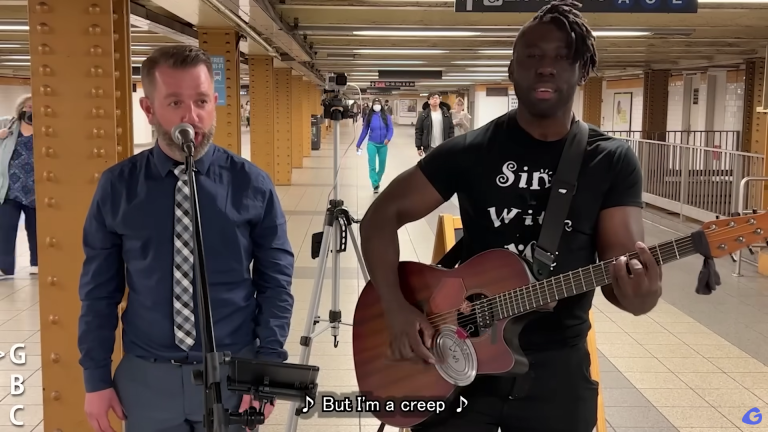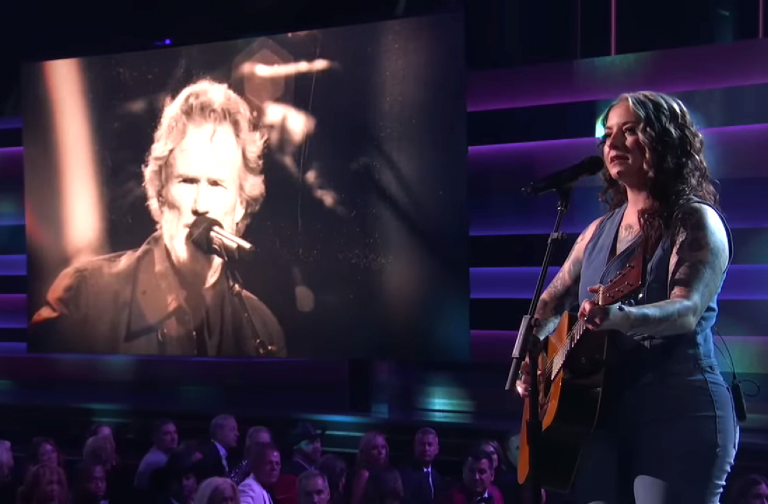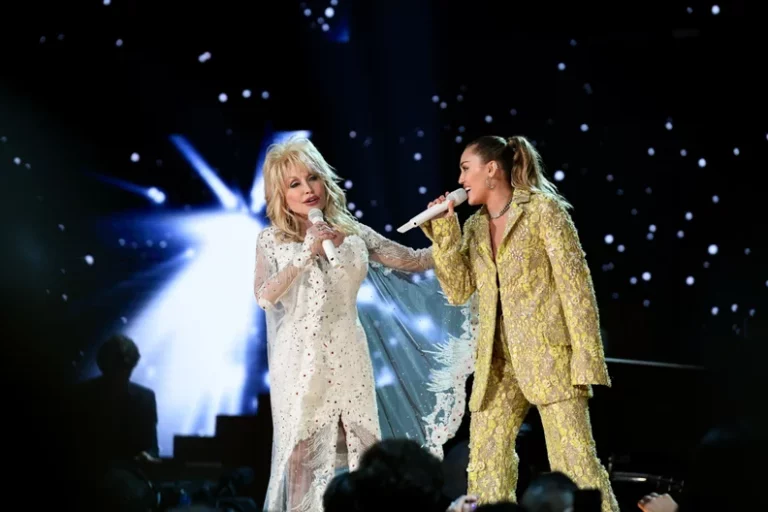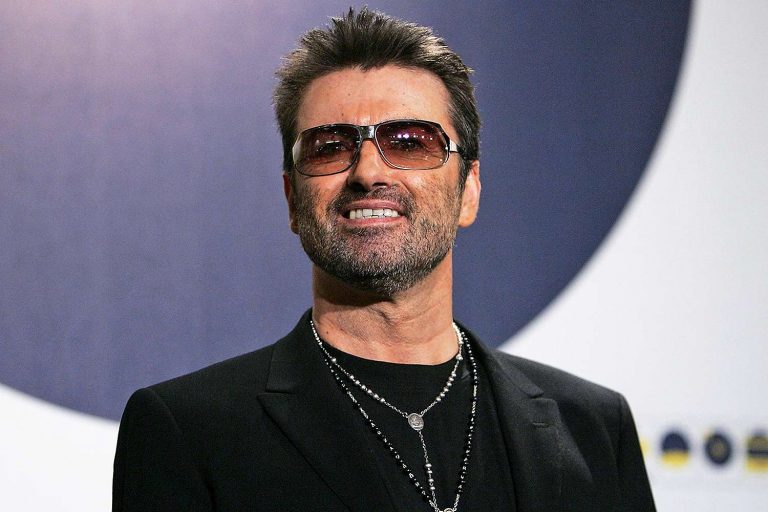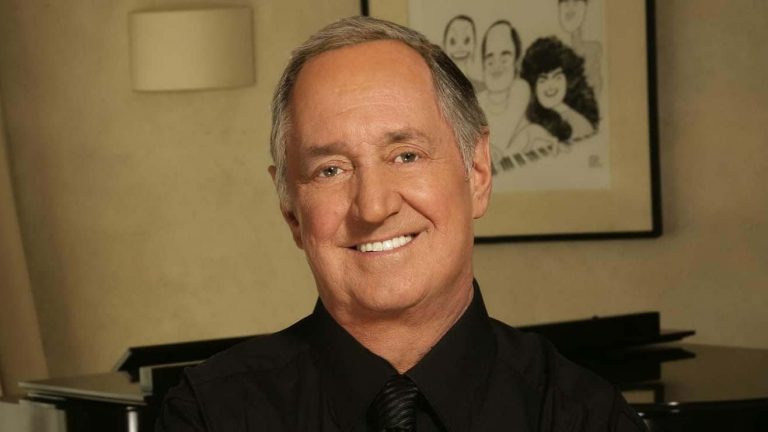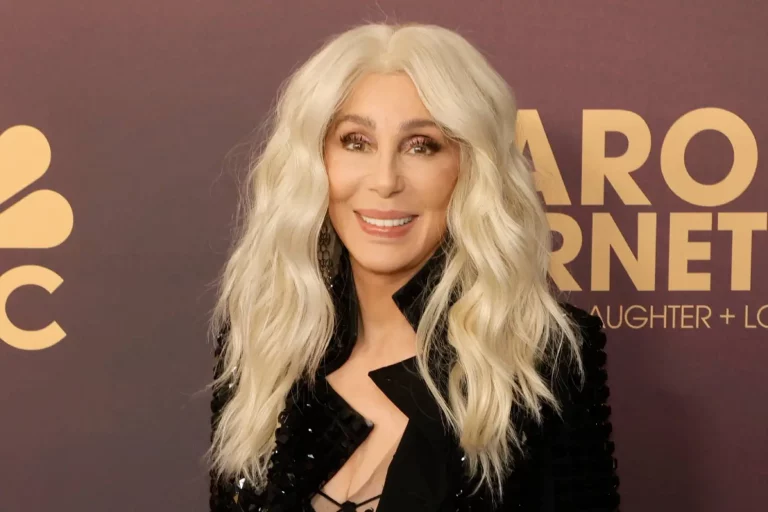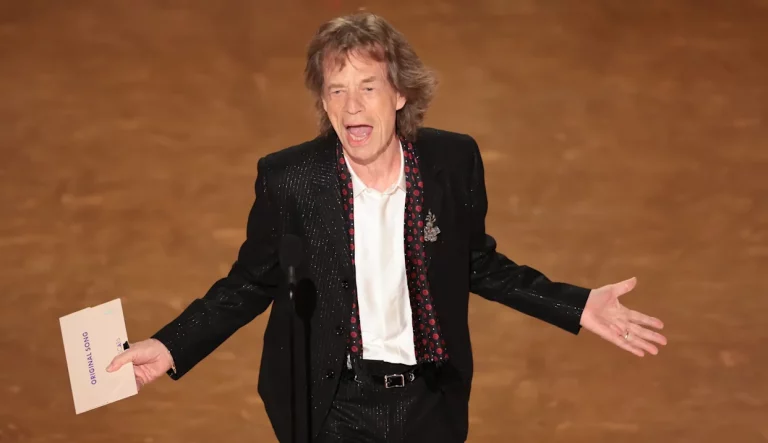On a warm summer evening at Dreamland, Margate, the unmistakable voice of Tom Jones rolled across the seaside air, proving once again that true legends don’t fade — they deepen. Against the nostalgic backdrop of the historic amusement park, with its glowing lights, vintage rides, and the distant sound of waves brushing the shore, the Welsh icon delivered a performance that felt both intimate and monumental. Sunday night became more than a concert; it became a shared moment suspended between memory and magic.
As Tom Jones walked onstage, the crowd erupted, not just in excitement but in reverence. Decades into his career, there is still something commanding about his presence — a quiet confidence, a lived-in authenticity that no amount of time can erode. When he opened his mouth to sing, it was instantly clear why his voice remains one of the most powerful instruments in popular music. Gritty, soulful, and impossibly rich, it carried stories of love, heartbreak, resilience, and survival — stories that mirrored the lives of the people standing before him.
Dreamland proved to be the perfect setting. The venue’s retro charm blended seamlessly with Tom Jones’ ability to bridge generations. In the audience were lifelong fans who had followed his career since the early days, standing shoulder to shoulder with younger listeners discovering the emotional depth of his music for the first time. It was a reminder that great songs don’t belong to a single era — they belong to anyone willing to listen.
The setlist moved effortlessly between eras, showcasing the full scope of his artistry. Classic hits were met with thunderous applause, yet his later material carried just as much weight, revealing an artist unafraid to evolve. Each song felt lived-in, not performed but felt — as though Tom Jones wasn’t revisiting the past, but conversing with it. His interpretations were raw, often stripped back, allowing the emotion in his voice to take center stage.
Between songs, Tom spoke with warmth and humility, offering reflections that felt honest rather than rehearsed. There was gratitude in his words — gratitude for the music, for the audience, for the simple fact that he could still stand on a stage and share something meaningful. These moments of connection transformed the night from spectacle into something personal. It felt as if each person there was part of a collective conversation between artist and audience.
As darkness settled over Margate, the lights of Dreamland glowed brighter, framing the final stretch of the performance in a soft, almost cinematic glow. The sea breeze carried the echoes of his voice long after each song ended, as if the music itself refused to leave. When the final notes rang out, there was a sense of reluctant acceptance — the kind that comes when you know you’ve witnessed something rare.
Tom Jones at Dreamland was not about nostalgia alone. It was about endurance, reinvention, and the power of a voice that has weathered time without losing its soul. For those in attendance, it was a reminder that music, at its best, doesn’t just entertain — it connects, heals, and lingers long after the stage lights go down. And on that Sunday night in Margate, Tom Jones didn’t just perform — he reminded everyone why his voice will always matter.


